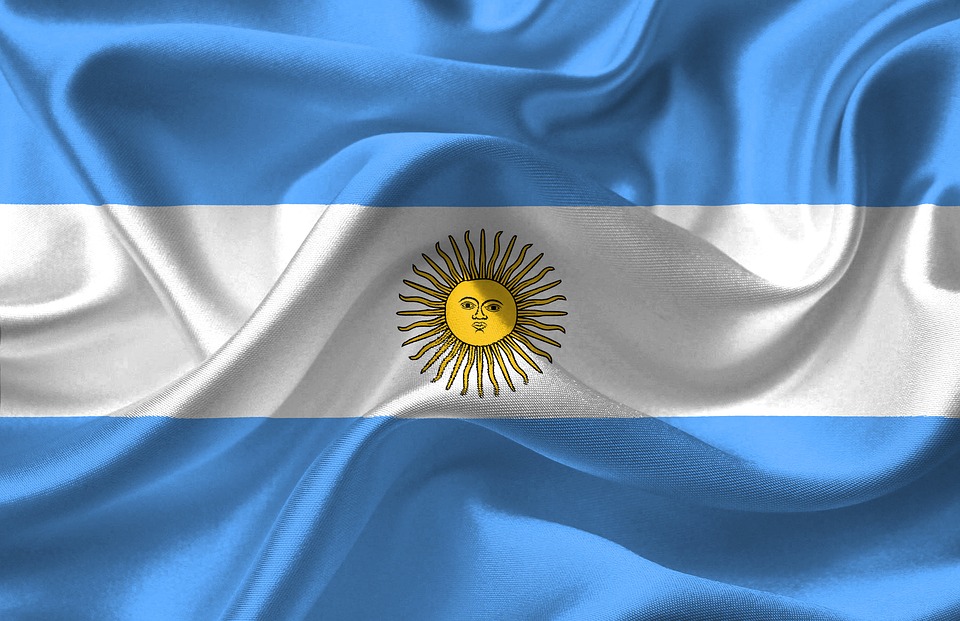As stated in the whitepaper, people would have more control over their identities, allowing them to freely select where their data is stored and who has access to it.
In a statement, the capital of Argentina, Buenos Aires, announced intentions to develop a digital identification platform that would be accessible by the first quarter of next year. The move aligns with the city’s aim to provide its inhabitants with more control over private details.
A Decentralized Digital System
Santiago Siri, a developer and project contributor involved, noted that the project will include the Proof of Humanity. Another participant is the CEO of Koibank, Leo Elduayen. Diego Zaldivar, a well-known creator and founder of RSK Lab, which operates a smart contract network on the BTC protocol, is also part of the project.
According to the state’s Sec. of Innovation, Diego Fernández, this digital identity system would be made public, decentralized, and anonymous, among other characteristics. The Secretary further described how the system would be open to businesses, government agencies, and other organizations interested in minting verified IDs without the need for any prior permission, including that of the state.
The Identity System Promised Security And Privacy
According to Fernández, the new platform will be available for purchase somewhere between the Q4 of 2022 and Q1 of 2023. Furthermore, the Secretary released a whitepaper that included a proposition for the system.
Taking motivation from the state’s commitment to creating a new framework in which transaction protection competence exists, the initiative has developed a payment security competence framework. The city of Buenos Aires is still driven to provide a venue where verification of documents may be done quickly, privately, efficiently, and effectively.
Furthermore, this would allow individuals to have more control over their own identities, allowing them to freely select where to store their private data as well as who has access to that data. According to the available information, the project’s development will take place over six months, with the first three months being dedicated to determining the platform’s design and blockchain technology.
The only goal of the project is to preserve anonymity while also assuring that it will be interoperable with many other blockchain technologies. This means the digital identification framework in Buenos Aires will be independent, which means it would build confidence between the individuals involved while also assuring the legitimacy of data and confirmation. This is achieved without the need to keep any customer data or other personal info on the blockchain itself.
